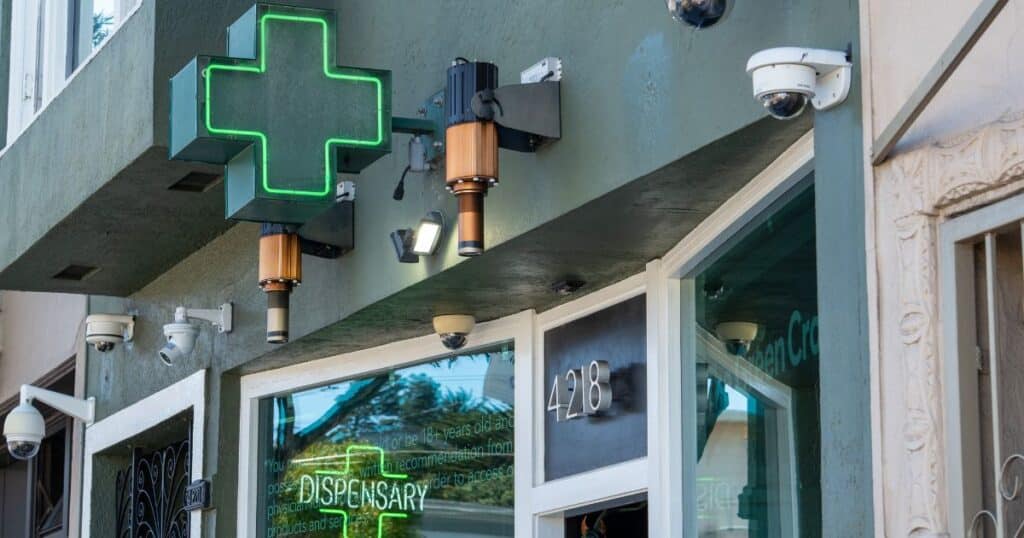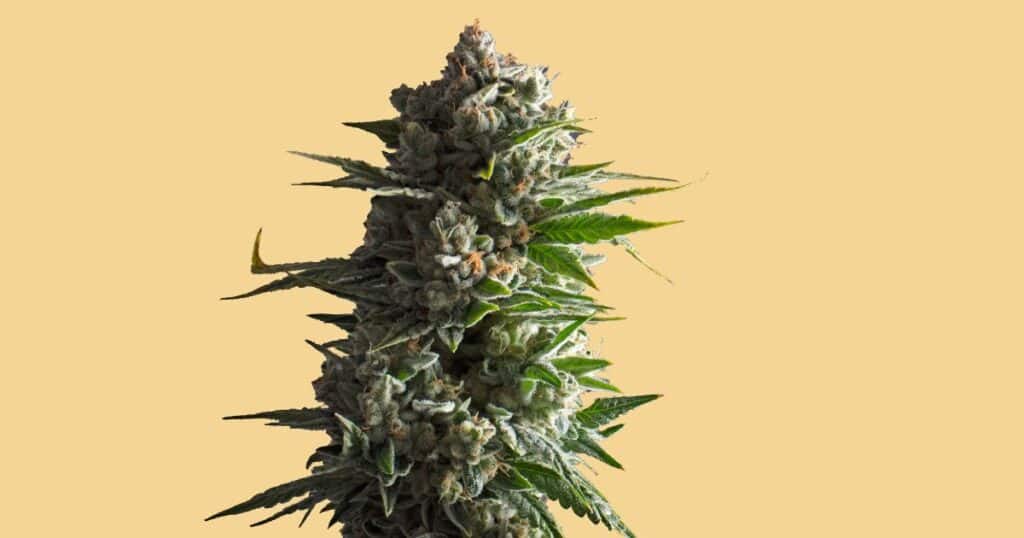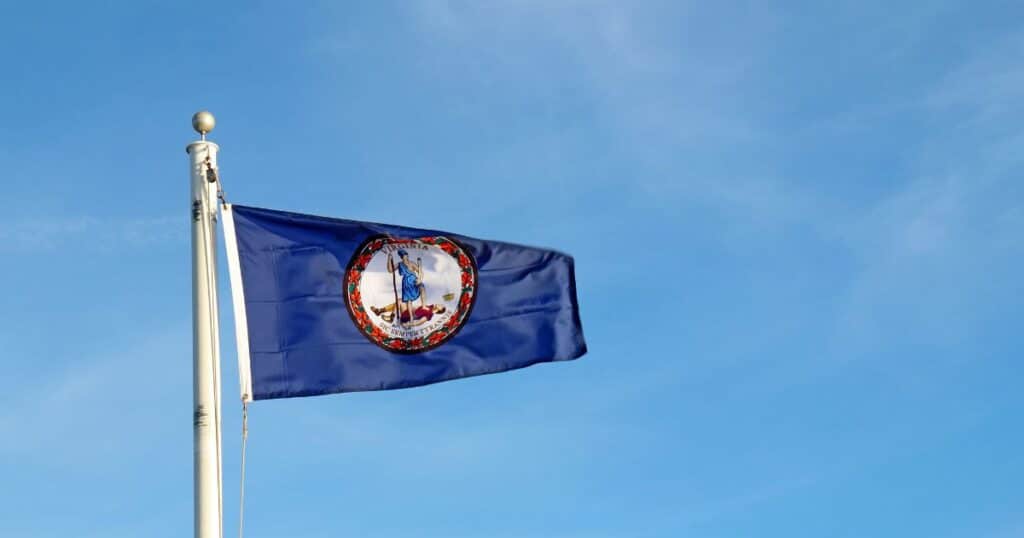In a move that underlines the complex journey toward cannabis legalization, the Virginia State House has not only debated adult use sales but also made significant progress by passing a bill that could introduce retail stores as early as January 2025.
This doesn’t just signal potential economic boons for the state; it also stirs the ongoing debate around social equity and the fair entry of businesses into this promising market.

The much-discussed House Bill 698, with its 54-page substitute amendment, is no small feat as first reported by Marijuana Moment. This legislation, championed by Del. Paul Krizek, is a strategic blueprint that closely mirrors Maryland’s approach to a nascent cannabis marketplace. The bill takes measured steps to roll out sale opportunities, with existing medical marijuana dispensaries slated to bridge the gap before a full roster of retailers is licensed in 2025.
$400,000 in financial support would be allocated to each microbusiness facilitated by a medical marijuana provider, ensuring a level of capital to facilitate equitable access to the market. A majority of each microbusiness’s ownership must meet stringent social equity prerequisites, including having a historical connection to areas of economic disadvantage or possessing past marijuana misdemeanor convictions.
Taxes, set at 9 percent, are poised to balance the economic scales without tipping into impeding sales—another lesson drawn from neighboring states.
However, the bill is not without contention. Some critics argue that the provision allowing medical marijuana companies to enter the recreational market earlier gives an unfair advantage to established players. It remains a significant point of compromise in the pursuit of an efficient and inclusive roll-out.
The Virginia Senate has not idly watched from the sidelines. Senator Aaron Rouse’s Senate Bill 448 charts a different course, eschewing early entry for medical marijuana businesses and choosing to affix additional benefits to existing hemp cultivators transitioning into the cannabis space. Diverging dramatically, Rouse’s bill avoids outright acceleration and constructs a perhaps slower, but supposedly more level field for new entrants to capitalize on.
At the center of this Senate tug-of-war is the delicate balance between expediency and equality. The contrast of two oppositional approaches is emblematic of the broader cannabis discourse, not just within Virginia but across the nation.
Both seek to rectify past wrongs and reset the industry’s underpinnings with an eye toward social justice. However, they differ starkly in policy execution, urging a collective rethinking of the state’s benefits and obligations with each determined step.
The Road Ahead
As these bills navigate the tortuous legislative process, one thing is clear—Virginia’s stance on cannabis reflects an intricate mosaic of political considerations, cultural attitudes, and the economic potential underpinning local markets. The state’s passage of the adult-use and cultivation laws in 2021 was an inflection point, setting the stage for the more pressing question of how to implement a functioning retail framework.
Yet, with Republican Governor Glenn Youngkin expressing hesitation about signing any adult-use legalization bills, the road from committee success to law remains fraught with unknowns. “I just don’t have a lot of interest in pressing forward with marijuana legislation.” His aversion underscores a political vortex where differing party agendas clash in the shadow of a potentially monumental industry opening.
The outcomes in Virginia may well be a harbinger of the sweeping transformations—or pointed disappointments—faced by the cannabis sector. As we watch legislation unfold, the narrative is larger than the sum of its bills; it encapsulates the will of constituents and the legal acumen required to navigate a maturing economy within the boundaries of still-evolving policy.

Virginia stands on the verge of a monumental shift. The potential for a fully regulated cannabis market, where the economic pump of recreational sales accelerates after a careful transition period, marks a new frontier. It is one that bespeaks the diligence of a state wresting with the ghosts of prohibition, intriguingly building not just a new market but also uprooting systemic inequities on the way.
As discussions on cannabis legalization in Virginia continue to unfold, they serve as a looking glass into the broader dynamics shaping the industry. The stakes are high, the debates are multilayered, and the outcomes will reverberate well beyond the state’s borders. Virginia’s legislative path is not just a focal point for local interests; it is an unfolding narrative in America’s complex relationship with cannabis.
Keep updated on all the latest news and updates in the Cannabis industry here at Beard Bros Pharms by signing up for our Friday Sesh Newsletter here. Always Dank and Never Spam!

















